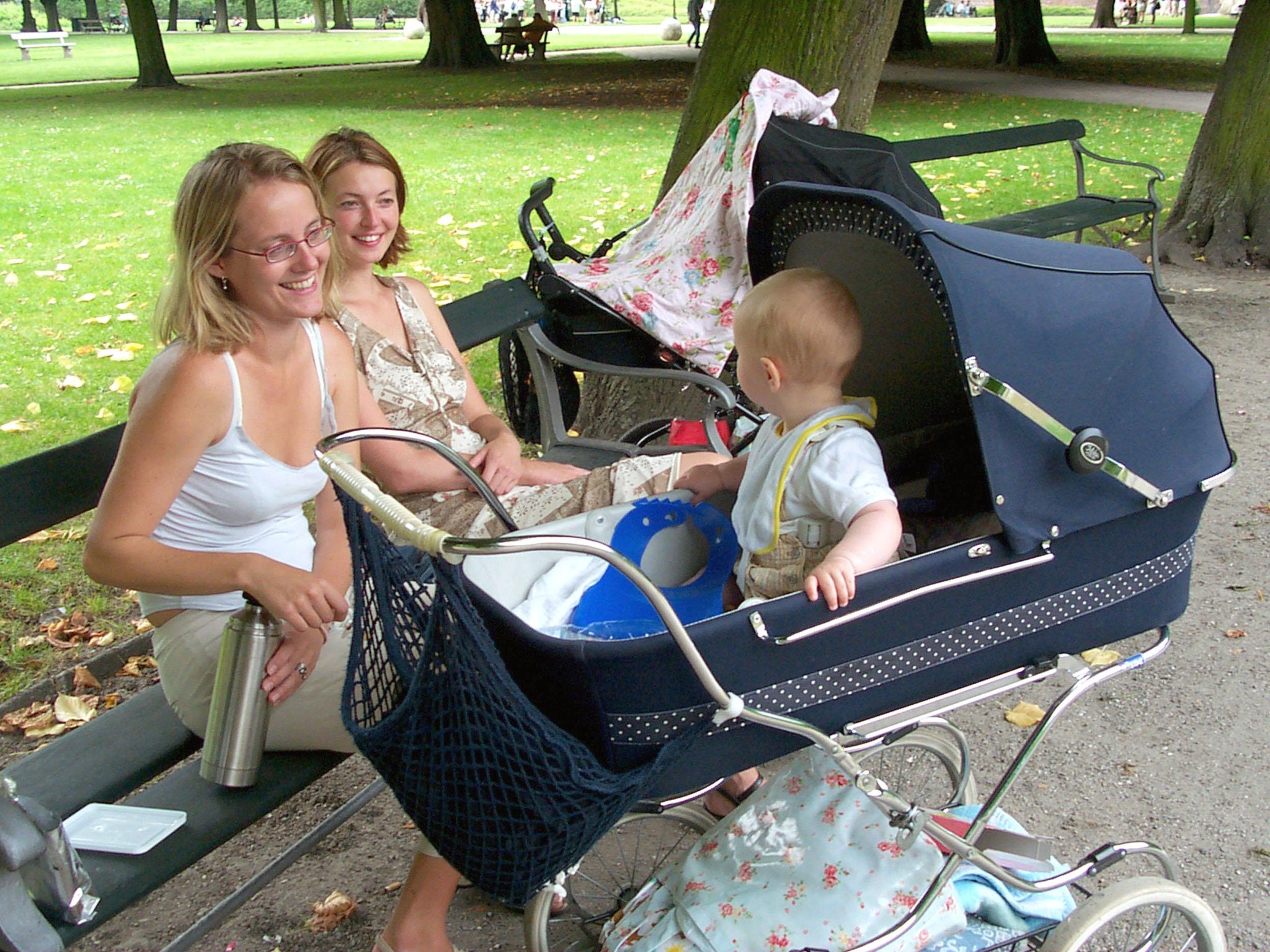Surrogacy mother wins maternity leave ruling in EU court
Decision could pave way for others to get same benefits as birth and adoptive parents

Your support helps us to tell the story
From reproductive rights to climate change to Big Tech, The Independent is on the ground when the story is developing. Whether it's investigating the financials of Elon Musk's pro-Trump PAC or producing our latest documentary, 'The A Word', which shines a light on the American women fighting for reproductive rights, we know how important it is to parse out the facts from the messaging.
At such a critical moment in US history, we need reporters on the ground. Your donation allows us to keep sending journalists to speak to both sides of the story.
The Independent is trusted by Americans across the entire political spectrum. And unlike many other quality news outlets, we choose not to lock Americans out of our reporting and analysis with paywalls. We believe quality journalism should be available to everyone, paid for by those who can afford it.
Your support makes all the difference.A British woman who had a child through a surrogate mother was entitled to paid maternity leave, the European Court of Justice has advised, in a legal opinion that could open the doors for other parents in the UK to get the same benefits. Women who adopt a child in Britain are entitled to the same statutory maternity leave as birth parents, but families who choose to use a surrogate mother to carry their baby are not covered by current legislation.
The woman, who is from Newcastle and is referred to in court proceedings as CD, had a baby through a surrogate mother last year using sperm from her partner. She took over care of the baby and began breastfeeding within an hour of the birth.
When she discovered that her employer was not obliged to give her paid maternity leave, she took them to court, which asked the Court of Justice of the European Union in Luxembourg to decide whether she was entitled to maternity rights under EU law.
Juliane Kokott, the court’s Advocate General, wrote that as surrogacy is legal in Britain, people who choose to go down that path should be permitted the same rights as birth and adoptive parents.
Even if the mother does not breastfeed the child, she “has the right to receive maternity leave provided for under EU law after the birth of the child in any event where she takes the child into her care following birth”.
However, Ms Kokott added that if the woman who gives birth to the child also takes maternity leave, that must be deducted from the total leave taken by the mother who is assuming legal guardianship of the child. Under EU law, new mothers are entitled to 14 weeks’ paid leave.
Ms Kokott’s opinion will now be forwarded for approval by the court, which usually follows the recommendations of its Advocate Generals.
Harriet Bowtell, an employment lawyer from Slater & Gordon, said it was “fantastic news” for new mothers of surrogate babies. If the EU court accepted the recommendation, she said, amendments would have to be made to the UK’s equality act.
In a similar case, however, another Advocate General with the EU court advised that an Irish woman who had had a child through a surrogate in the US was not entitled to maternity leave.
That case was being brought on the grounds of gender and disability discrimination, while CD’s case was challenged under the EU Pregnant Workers’ Directive.
Join our commenting forum
Join thought-provoking conversations, follow other Independent readers and see their replies
Comments